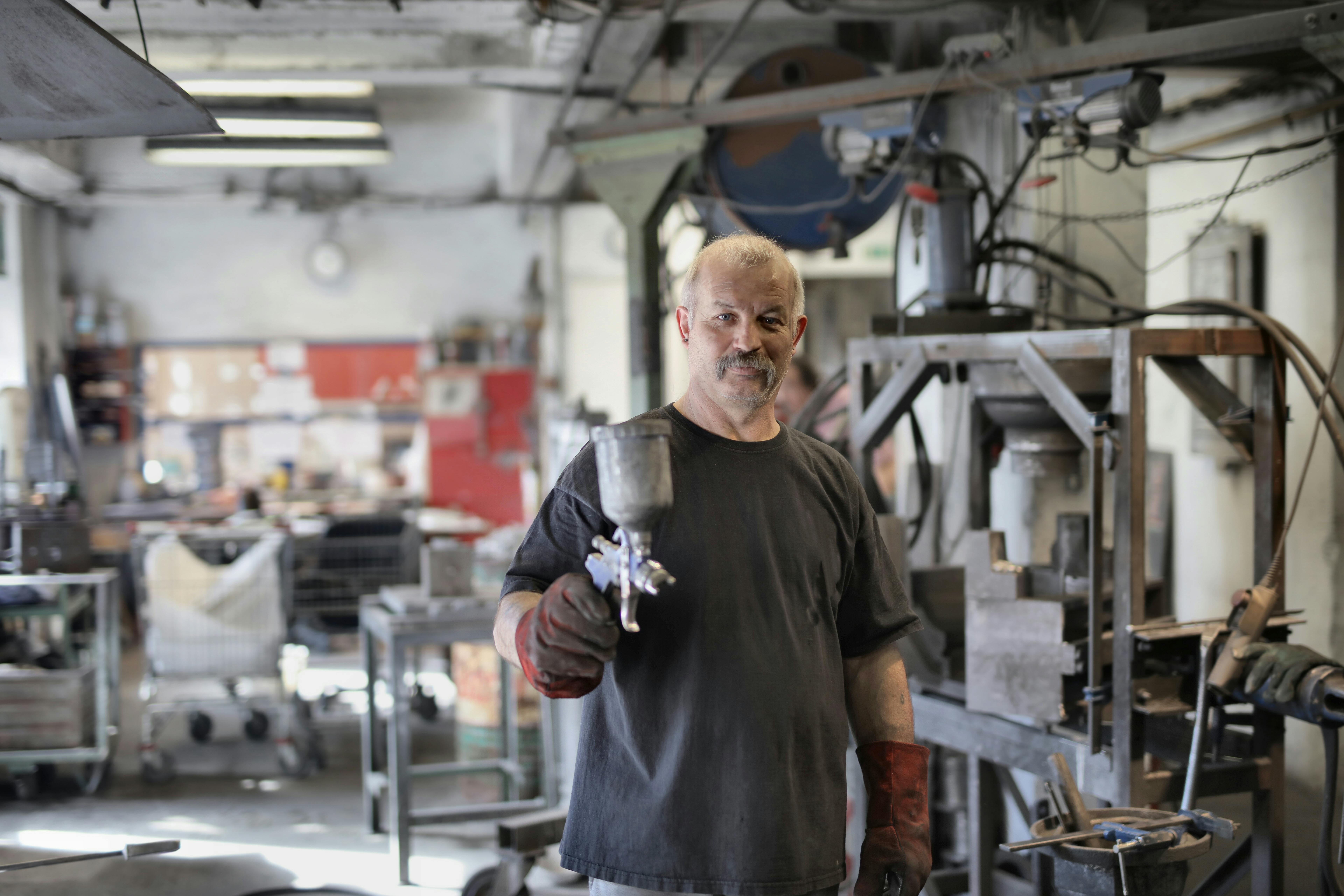What do you know about social networks? Before I answer that question, let me tell you that you know more than you think. Social media is simply another way of communicating and connecting with each other. If you’re a savvy communicator and understand the power of connections, you already know a lot about social media.
Ashton Kutcher said that “one person’s voice can be as powerful as that of an entire media network” once he surpassed one million followers on Twitter, surpassing CNN. He called this achievement the “democratization” of the media. I have to ask myself, weren’t the media democratized before? What makes it now a “democracy” because one man can reach 1 million people?
Perhaps democracy and democratization are wrong words (although it sounds catchy). What social media has done is unleash the power of communication and connection one person at a time. One-on-one communication has always had a powerful effect on us because it allowed us to connect with each other. Everything you read and hear about social media requires connection and relationship building. Remember when communication consisted of three options?
1. Face to face
2. Telephone
3. Handwritten letter
When given these three options, we selected face-to-face interactions when we knew we needed to make a special connection with someone. Phone connections occurred when we didn’t need as much privacy or when distance prevented us from having face-to-face contact. We resort to the letter as a less personal form of communication.
Today, we have many more options. However, our decision-making process remains the same. How much connection, how much intimacy do we need to communicate our message? CNN doesn’t care about privacy; they worry about getting the news out to many people at once. Surprisingly, social networks also broadcast news in the same way that CNN does. But, because the source comes from a “friend,” “follower,” or “connection,” we’re more likely to believe it. In the past, we could observe the communicator during a face-to-face interaction to determine the truth. Today, we must rely on building relationships that build trust and credibility.
Here’s what we know about social media:
1. Our youth are connected. Today’s youth understand social media; they live and breathe it every day. They use the tools as ways to share with their friends. As children we used the telephone. Kids today use cell phones and MySpace. When you put the cell phone with MySpace, you get Twitter. For any young person, the power of Twitter is a no-brainer.
2. Social networks generate two-way communication. While email was a one-way communication that was often not instant, Twitter is two-way and instant. Plus, with Twitter you can have instant two-way communication with virtually thousands of people at once.
3. Social networks allow people to deepen connections and relationships. I could correspond with you quickly through email. But through Facebook I learn how you are, what you like to do on Sunday afternoons, who your favorite actors are and where you like to eat. Through Facebook, I find out that your dog has been sick or that your son won a top honor in school. Through Facebook I learn who you are and what motivates you.
4. Social networks are here to stay. The way we communicate is undergoing a revolutionary change and that change is centered around social media. Traditional advertising and broadcast media must adapt to this new stepchild. Indeed, Twitter co-founder Evan Williams said, “Journalists who embrace new media will thrive; those who don’t won’t.”
5. Social networks are forcing changes in marketing and sales. The way we discover, evaluate, and purchase products and services is experiencing a major insurgency. Word-of-mouth purchases don’t come from the neighborhood pharmacy, but from what our friends tell us on Facebook or what we hear on Twitter.
6. Ashton Kutcher taught us that the way we listen to news and events is also changing through social networks. The fact that CNN wants 1 million followers indicates that a major network recognizes the power of a social networking tool like Twitter.
What are the things we don’t know about social media?
1. Where are social networks taking us? Where will we be in 5 years? Nobody has a clue.
2. Which media tools will survive? Is Twitter a fad? Will the little bird be eaten by the big cat, Google? MySpace is already in decline. What about Facebook? My hunch is that each of these tools will find the right niche. MySpace will survive for the youngest. Twitter will somehow survive for instant message type communication around the world.
3. How will social media affect advertising, public relations, marketing, and sales? My guess is that intrusive advertising as we know it today will not survive. For some products (not many) it will continue in some form. Social media adds a new component to the “marketing” mix. In doing so, traditional marketing efforts must adapt. Time will show us how and who will survive.
4. What’s next? We now have Web 2.0, which means an interactive Web. It is much more attractive to read a blog that you can comment on than to read a static website. For that reason, blogs have skyrocketed in popularity. What will Web 3.0 or 2.5 or whatever be like? I’m sure there are some gurus who can share what they see in their crystal balls. But, for most of us it remains a mystery. The challenge is to be ready. Two things we can count on: we are at the cusp and there is more to come.
As a communication expert, all this excites me. Social networks provide new opportunities to communicate and connect. The fun part is joining the party. What are you waiting for? Now that you know you know something about social media, and you also know that no one knows what’s next, join us! See you on Twitter.
